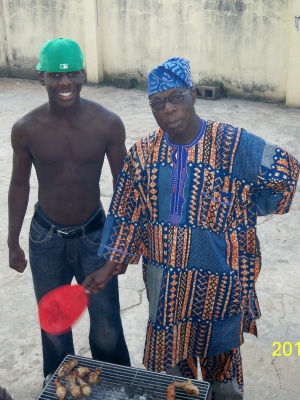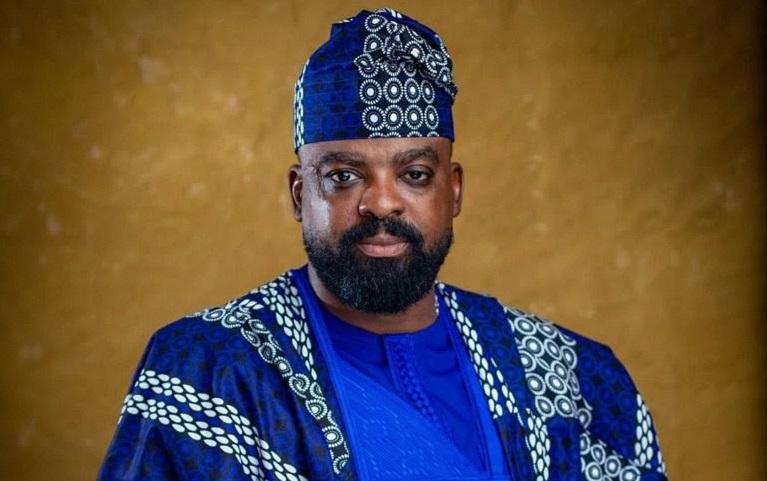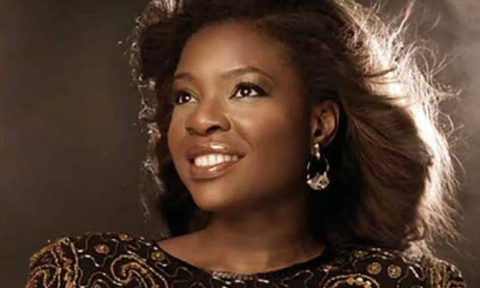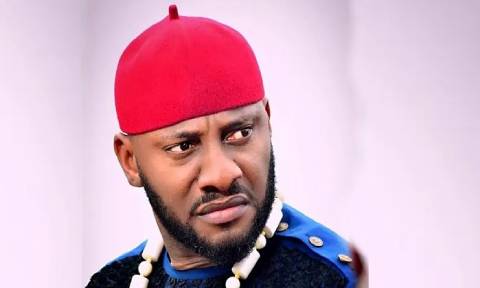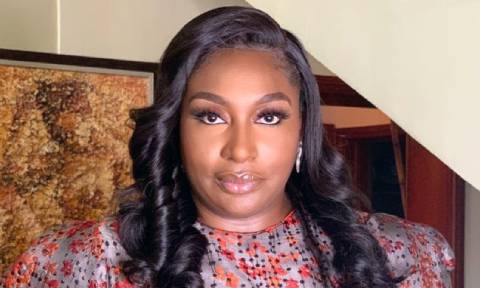
Habibatu JinadYoruba movie producer and actress, Habibat Jinad, tells Top Celebrities about her career and the challenges facing filmmakers in Nigeria.
How did you start acting?
I started acting in 2007. I later joined Afis Owo’s drama group and graduated from there in 2010. I produced my first movie, Omo K’omo the same year. I produced my second movie ‘Iku L’okunrin’ in 2011. I have featured in many movies like Irin Ajo Eda Laye, Igboro Ti Daru, Omo Ghetto (part two), Aremu Swagger, Etanu and many others that I can’t remember now.
What are the messages you have passed across in your movies?
In ‘Omo K’omo’, I talked about a barren woman who sought for a child from a herbalist. She was advised to worship satan to get a child, which she did after giving it a second thought. She got pregnant and was delivered of a baby girl, Kuburat. But before giving birth to her child, she has adopted two kids. Kuburat eventually became a problem to the entire family and was always making troubles. Eventually, the woman had to sacrifice her life for Kuburat. The story teaches about patience and the need to trust in God.
‘Iku L’okurin’ portrays how men cheat on ladies. When they want to get something from you, they can go to any length, after which they turn into something else.
But that is applicable to ladies too?
Yes, but it is not common among ladies. The message in the movie is actually balanced in a way that men and women can learn from it.
Generally, what kind of story do you like working on?
I like true life stories. I’m not a comic or romantic person, so I like to deal with other serious issues.
What kind of role do you enjoy playing most?
May be the role of a social miscreant or thug.
But you have a decent look?
Yes, people used to say that, but I’m more comfortable playing such roles. Some people believe that I can’t play such roles because I am a cool person, but I love to do it; that is one of the factors that makes a good actress. You must be versatile.
Have you been stereotyped?
I’m a versatile actress, so I can’t be stereotyped. I have played the role of a doctor, a pauper, mother and all that. I believe in doing my best in everything.
How do you see the future of the Yoruba movie industry?
We are getting there gradually. In the next 10 years, I believe we will take the world by storm.
What are the challenges facing filmmakers in Nigeria?
It is more about funds. Money is the only challenge I think we have for now.
Why do we have more producers among Yoruba actors compared to their English counterparts?
I think everybody is trying to do what they are comfortable with.
But it is perceived that Yoruba actors can’t make much money until they become producers?
It depends. There are some producers who don’t make money from filmmaking as well.
Yoruba filmmakers have been widely criticised for some of the unimaginable errors in their film subtitles. What do you think is responsible for this?
Everybody wants to subtitle their films, but getting professionals to do them is the problem. We have people who can subtitle films perfectly, but not everybody can afford them. But most times, the fault is from the marketers, not producers. When you produce your film and give it to the marketers, they will just give it to whoever they like to do the subtitle.
What are you doing at the moment?
I’m working on my third movie. It will feature Kelvin Ikeduba, Rachael Oniga, Gabriel Afolayan and many other notable actors
